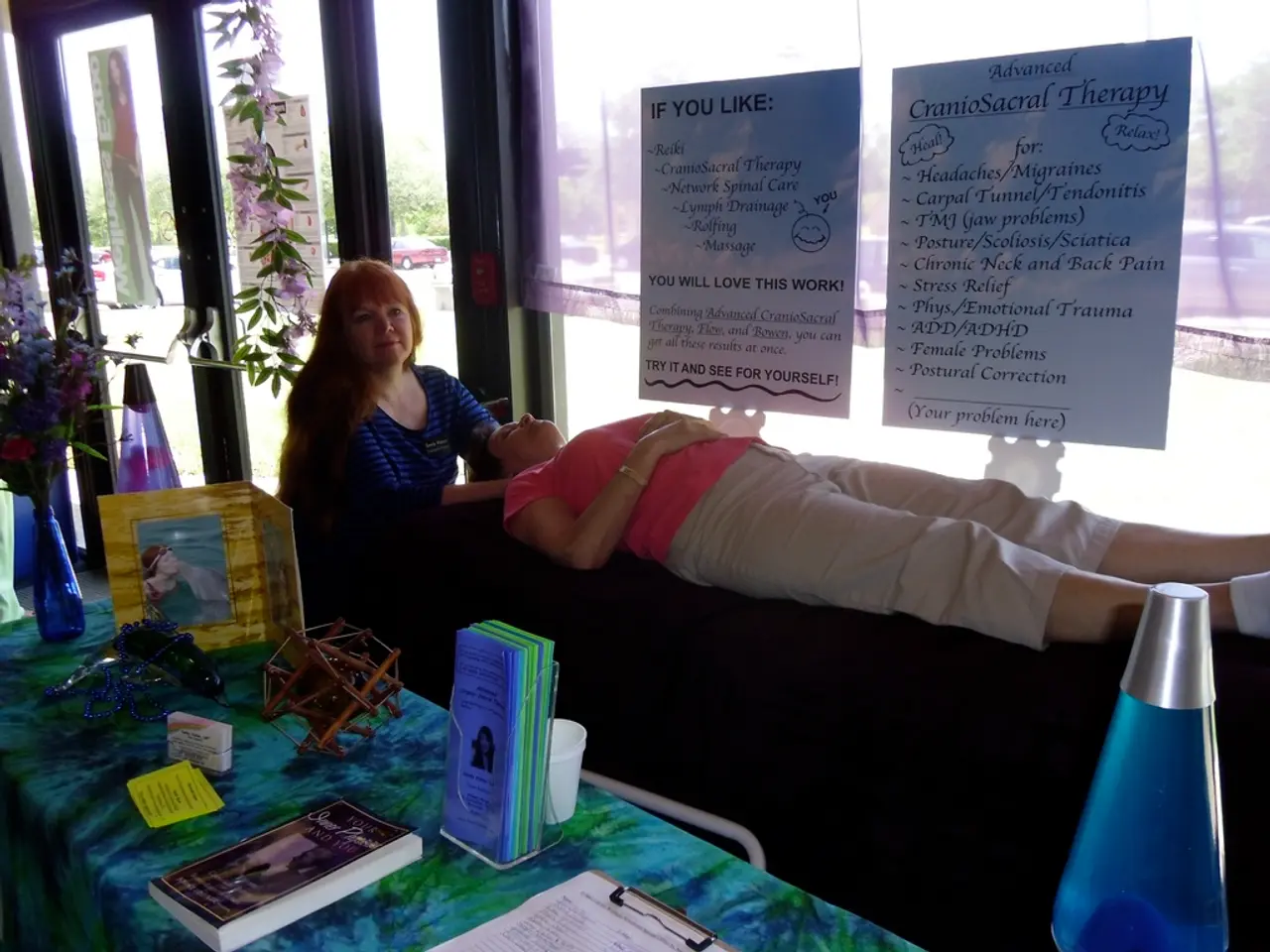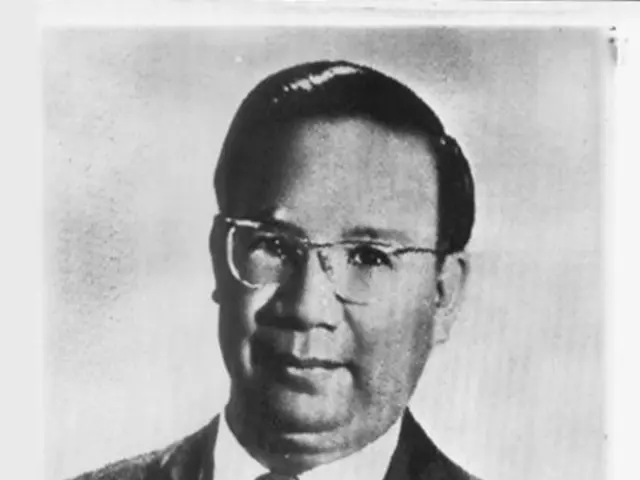Is Transcranial Magnetic Stimulation (TMS) a Deceptive Method or a Trustworthy Solution for Depression?
In the ongoing quest for effective treatments for depression, Transcranial Magnetic Stimulation (TMS) therapy has emerged as a significant breakthrough, particularly for those suffering from treatment-resistant depression (TRD).
TMS is a non-invasive, FDA-approved therapy that stimulates specific areas of the brain associated with mood. This procedure, which uses magnetic pulses, has shown promising results, with response rates typically ranging from 50% to over 80%, and remission rates between 30% and nearly 80%, depending on the protocol and patient population.
Standard 10 Hz rTMS protocols produce about a 50–60% response rate and a 30–40% remission rate in patients with TRD. However, more advanced protocols like Stanford Accelerated Intermittent Neuromodulation Therapy (SAINT) have shown very promising results, with remission rates as high as 79% within one month after a condensed five-day treatment course, exceeding typical six-week standard TMS courses.
At specific centers, such as Serenity Mental Health, TMS for postpartum depression has reported an 84% response rate and a 78% remission rate, with effects lasting 3+ years for most patients, indicating durable benefit.
While most insurances do cover TMS, there may still be out-of-pocket costs like copays. TMS encourages the release of neurotransmitters like dopamine and serotonin, over longer periods of time compared to traditional antidepressants.
However, it's important to note that TMS may not be as effective if the patient has an unknown co-occurring mental health disorder or if the disorder is misdiagnosed as depression. Some patients may experience a "TMS Dip" as the brain begins to essentially reset, and may need extended sessions or a second round of TMS, or may have to combine it with traditional medication.
Depression can create challenges within personal and work relationships during TMS treatment. TMS treatments take place over the course of several weeks, requiring several appointments. Prohibitive costs can cause patients to cancel treatment before finishing the full series, thereby resulting in limited or no relief from depression or anxiety.
To address this, MindfulONE, a new one-day option, condenses weeks of TMS treatments into just one day. TMS therapy is offered at all of the platform's 20+ locations to help as many people as possible rediscover hope and possibilities in their lives.
It's crucial for each patient to do their own research and due diligence to understand what the treatment is, how it works, and what to expect based on real-world examples and verified statistics. TMS is not a hoax, but it's important to remember that every patient's experience can vary.
Possible side effects of TMS include mild headaches, tingling in the scalp, lightheadedness, and facial twitching (temporary). TMS is an outpatient procedure with no anesthesia required, allowing patients to drive themselves to and from appointments.
Since 2008, TMS has continued to show positive results for patients struggling with severe or treatment-resistant depression. If you or someone you know is struggling, consider reaching out to a TMS provider today to start on the path to joy.
- The mental health field has seen significant advancements in depression treatment with the emergence of Transcranial Magnetic Stimulation (TMS) therapy, especially for those suffering from treatment-resistant depression (TRD).
- Science and health-and-wellness industries have collaborated to develop alternative therapies-and-treatments like TMS, which stimulates specific brain areas associated with mood, promoting the release of neurotransmitters like dopamine and serotonin over longer periods compared to traditional antidepressants.
- In the realm of mental health, innovative therapies like MindfulONE's one-day TMS option are being introduced to address affordability and accessibility concerns, offering hope and possibilities for those battling treatment-resistant depression (TRD) and contributing to the ongoing quest for effective mental health treatments.




